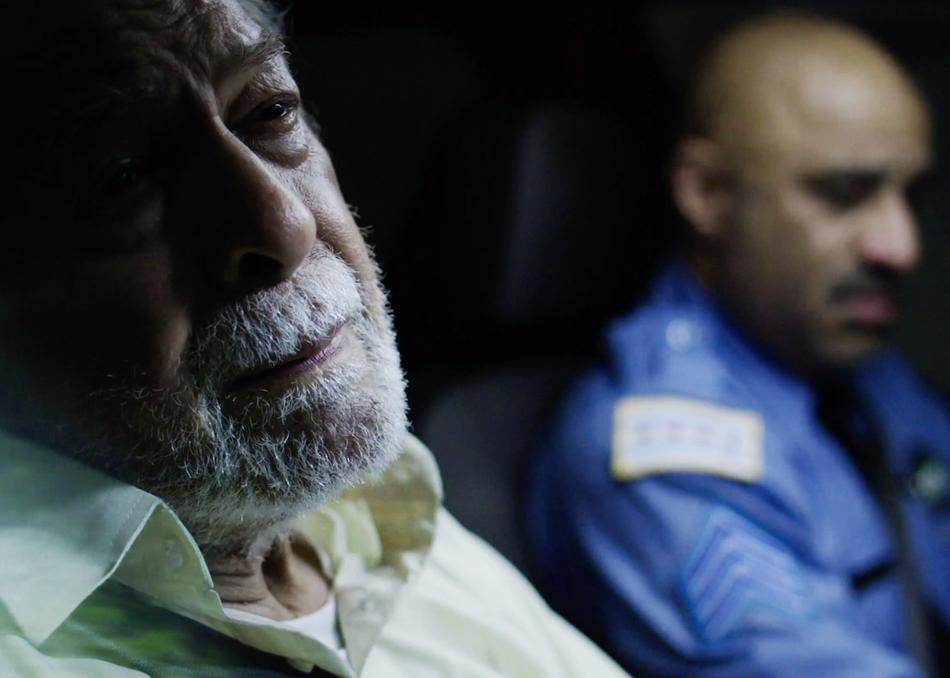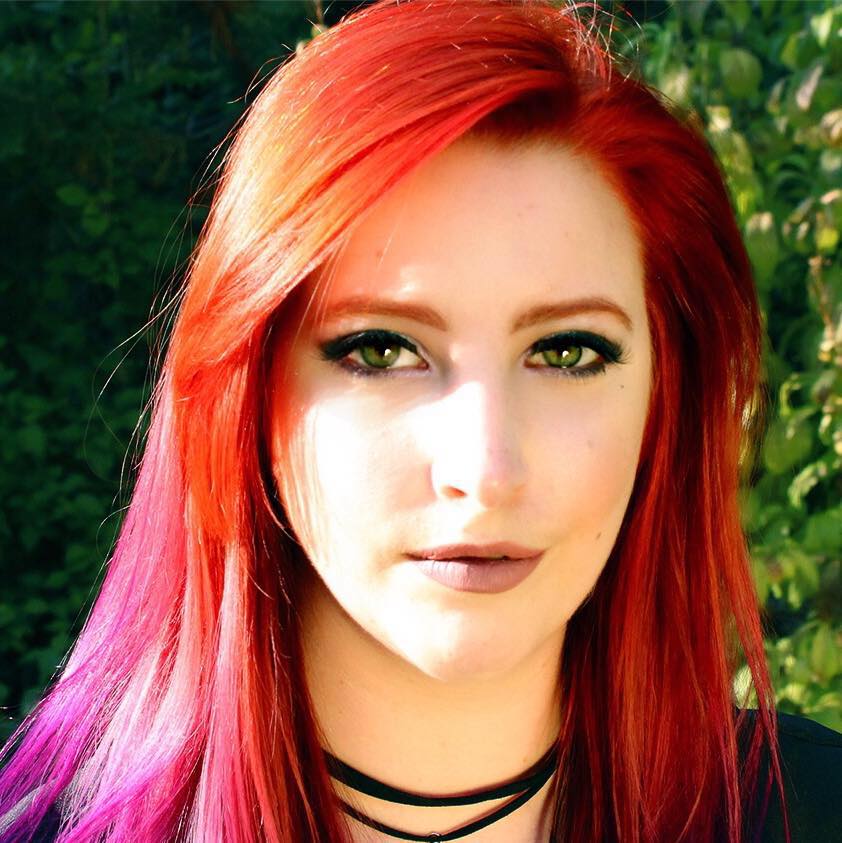
While this year's SXSW was canceled due to COVID-19, we still had a chance to screen some of the films for the festival. Keep your eyes peeled for more news on these titles in the future!
"Out beyond ideas of wrongdoing and right-doing, there is a field. I'll meet you there." Jelaluddin Rumi
What Rumi meant by the above quote has long been discussed. Popular consensus theorizes that, in the simplest terms, there is no such thing as right or wrong. All we have are perceptions. When we drop those perceptions, we may be allowed to meet somewhere in the middle. Iram Parveen Bilal's I'll Meet You There gives credence to that theory.
The film follows Majeed (Faran Tahir) and his daughter Dua (Nikita Tewani) as they navigate life after Majeed's estranged father suddenly appears on their doorstep. Baba (Qavi Khan) introduces a set of ideals that Majeed has guarded Dua from her whole life. He's then forced to reconcile as Dua finds herself interested in forming a relationship with her grandfather and the culture her father has kept from her.
Majeed can find beauty in his heritage once more after seeing what it means to his community and his daughter.
Amidst all of this, Majeed — a police officer by trade — is asked to help investigate a local mosque. Though displeased by his father's sudden appearance, he finds that he can use him to explain his sudden interest in spirituality. As one may expect, this doesn't go exactly the way Majeed plans when he accepted the assignment.
I'll Meet You There is a beautiful meeting of two cultures. Majeed is more than happy to keep with his new western ways at the beginning of the film. He raised his daughter to do the same lest she face any additional prejudices. Despite his differences with Baba and the hurt buried deep into their relationship, Majeed can find beauty in his heritage once more after seeing what it means to his community and his daughter.
That exploration of faith and culture is wrapped up in a tale of dance via Dua's story. When she finds herself caught between two worlds, she starts to pull away from her craft. However,her actions cause far more harm than good. At one point, it's noted that "dance is a healer of trauma." Dua's narrative proves that the notion couldn't be more accurate.
The latest updates, reviews and unmissable series to watch and more!
As the Rumi quote tied to the film suggests, none of the main characters make the right choices all the time. We're following three complex, confused, and often scared individuals working through not only years of personal struggles with one another, but the weight of two worlds as well. That complexity adds a layer of realness to the film that only adds to its beauty.
The story wraps itself up in an easy ninety minutes — the perfect runtime if you ask me. In those 90 minutes, you'll find yourself enamored of the stunning dance and the deep love this family feels for each other. You'll also walk out of it with one hell of a craving for traditional Pakistani food.

Streaming
SXSW might have been canceled, but movies aren't!
Whether you're looking for new favorites or timeless classics, you can dig into a whole catalog of films over on Amazon Prime.
Amelia is an entertainment Streaming Editor at IGN, which means she spends a lot of time analyzing and editing stories on things like Loki, Peacemaker, and The Witcher. In addition to her features and editorial work, she’s also a member of both the Television Critics Association and Critics Choice. A deep love of film and television has kept her happily in the entertainment industry for 7 years.

